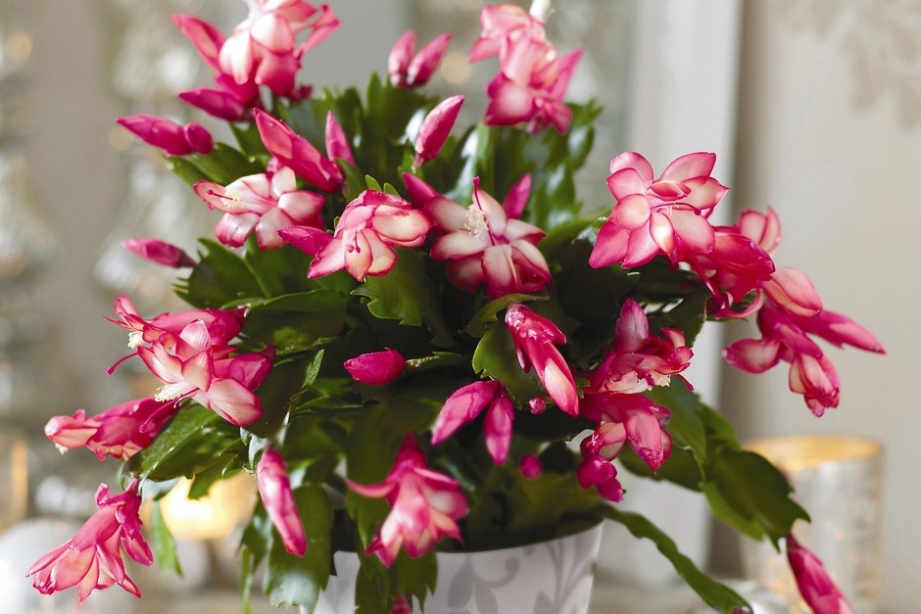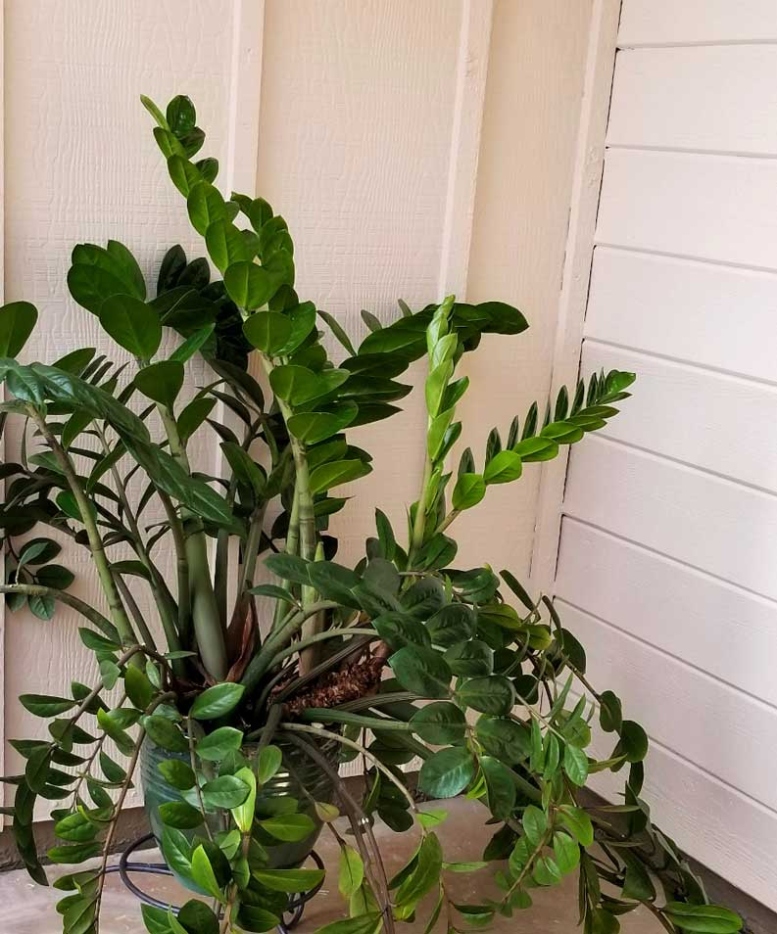How to Plants-care/’>Care for an Orchid Plant
What do you mean by caring for an orchid plant?
Caring for an orchid plant involves providing the right environment, proper watering, adequate light, and appropriate fertilization. Orchids are delicate plants that require specific care to thrive and bloom. With the right knowledge and attention to detail, you can enjoy beautiful orchid blooms for years to come.
How to care for an orchid plant?
First and foremost, it’s important to understand the specific needs of your orchid plant. Different types of orchids require different care, so it’s essential to research the specific requirements of your orchid species. However, there are some general care guidelines that apply to most orchids.
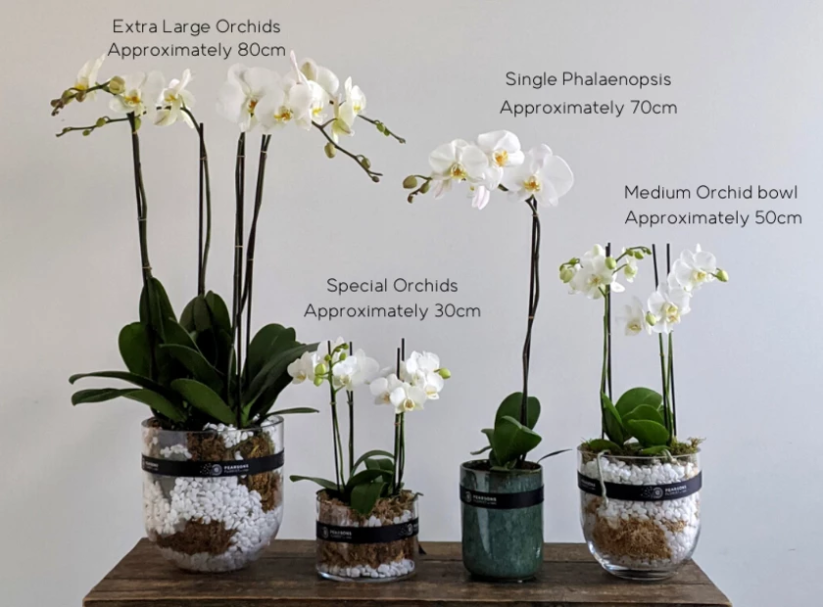
Image Source: pearsonsflorist.com.au
One of the most important aspects of caring for an orchid plant is providing the right environment. Orchids thrive in a humid environment with good air circulation. Avoid placing your orchid in direct sunlight, as this can burn the leaves. Instead, place your orchid in a location with bright, indirect light.
Watering is another crucial aspect of orchid care. Orchids should be watered when the potting mix feels dry to the touch, typically once every 7-10 days. Be sure to use room temperature water and avoid getting water on the leaves, as this can lead to rot. Additionally, orchids should be potted in a well-draining medium, such as orchid bark or sphagnum moss.
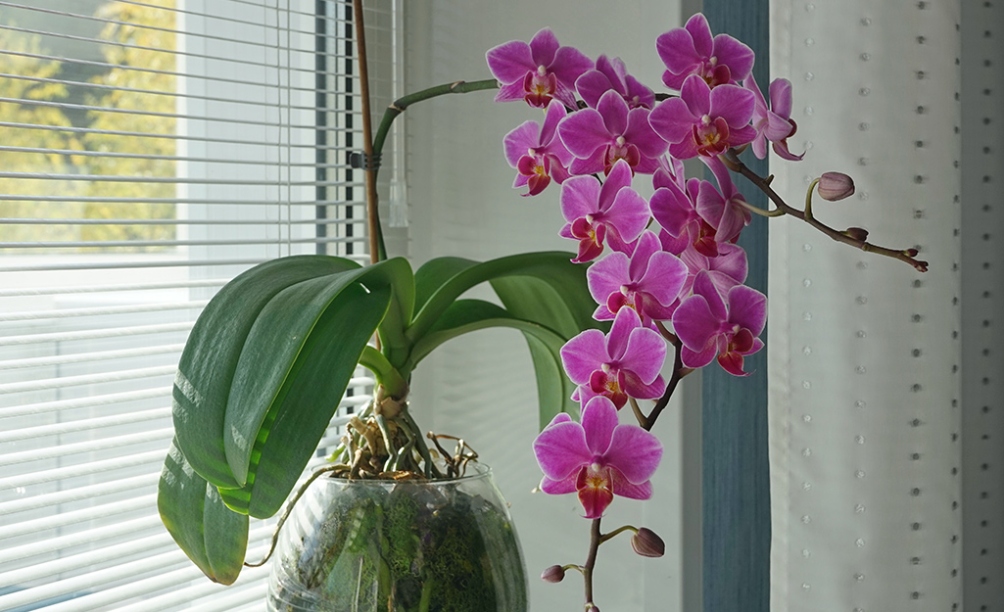
Image Source: homedepot-static.com
Fertilizing your orchid plant is also important for its health and growth. Use a balanced orchid fertilizer once a month during the growing season (spring and summer). Be sure to dilute the fertilizer to half the recommended strength to avoid burning the roots.
What is known about caring for an orchid plant?
Caring for an orchid plant can seem intimidating at first, but with the right knowledge and practice, it can be quite rewarding. Orchids are known for their exquisite blooms and exotic appearance, making them a popular choice among plant enthusiasts. With a little patience and dedication, you can successfully care for your orchid plant and enjoy its beauty for years to come.
Solution for caring for an orchid plant
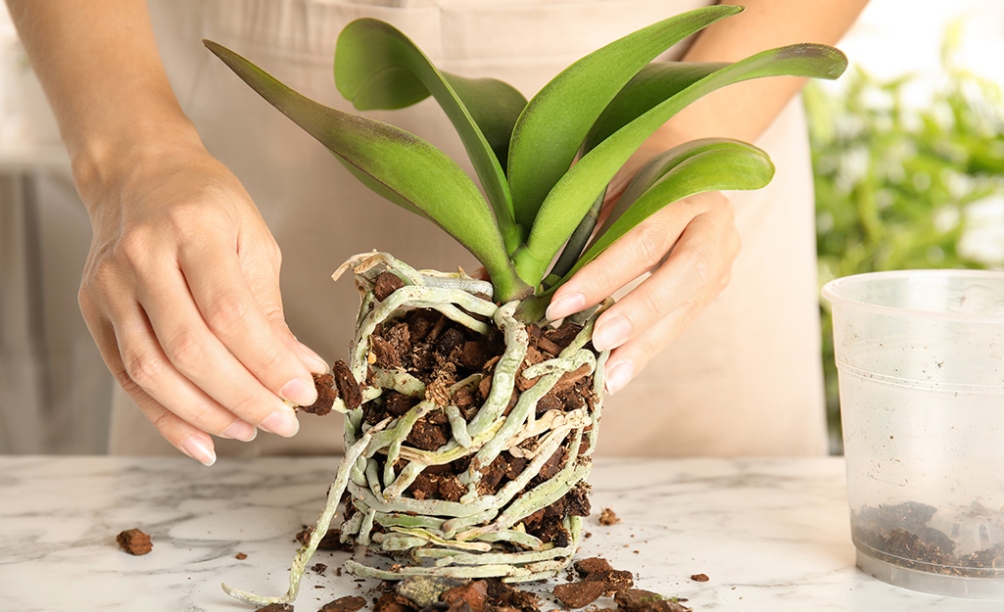
Image Source: homedepot-static.com
One of the best ways to ensure the health and vitality of your orchid plant is to provide it with the proper care and attention it needs. By following the guidelines mentioned above, you can create an ideal environment for your orchid to thrive. Remember to research the specific requirements of your orchid species and adjust your care routine accordingly.
Information about caring for an orchid plant
When caring for an orchid plant, it’s essential to be observant and responsive to any changes in its appearance or behavior. Orchids are sensitive plants that can quickly show signs of stress if their needs are not met. By paying attention to your orchid’s leaves, roots, and overall growth, you can identify any issues early on and take the necessary steps to address them.
Description of caring for an orchid plant
Caring for an orchid plant involves a combination of proper watering, adequate light, correct temperature, and appropriate fertilization. By providing your orchid with the right care and attention, you can help it thrive and produce stunning blooms. Remember to research your orchid species and tailor your care routine to meet its specific needs.
Conclusion
In conclusion, caring for an orchid plant requires attention to detail and a willingness to adapt to your plant’s specific needs. By providing the right environment, proper watering, adequate light, and appropriate fertilization, you can help your orchid thrive and bloom beautifully. With patience and dedication, you can enjoy the beauty of your orchid plant for years to come.
FAQs
1. How often should I water my orchid plant?
Orchids should be watered once every 7-10 days when the potting mix feels dry to the touch.
2. What type of fertilizer should I use for my orchid plant?
Use a balanced orchid fertilizer once a month during the growing season, diluted to half the recommended strength.
3. Can I place my orchid plant in direct sunlight?
Avoid placing your orchid in direct sunlight, as this can burn the leaves. Opt for bright, indirect light instead.
4. How do I know if my orchid plant is getting enough humidity?
Monitor the humidity levels in the room where your orchid is located. If the air is too dry, consider using a humidifier or placing a tray of water near the plant.
5. What should I do if my orchid plant’s leaves are turning yellow?
Yellow leaves on an orchid plant could indicate overwatering or a lack of light. Adjust your watering schedule and ensure your orchid is receiving enough light to prevent further leaf discoloration.
6. Can I repot my orchid plant if it outgrows its current pot?
It’s best to repot your orchid plant every 1-2 years to refresh the potting mix and provide room for growth. Choose a slightly larger pot with good drainage to accommodate your orchid’s expanding root system.
7. How can I encourage my orchid plant to bloom?
To encourage blooming, provide your orchid with a period of cooler temperatures (around 55-60°F) for 4-6 weeks in the fall. This temperature drop mimics the plant’s natural growing conditions and can stimulate flower production.
how to care an orchid plant







